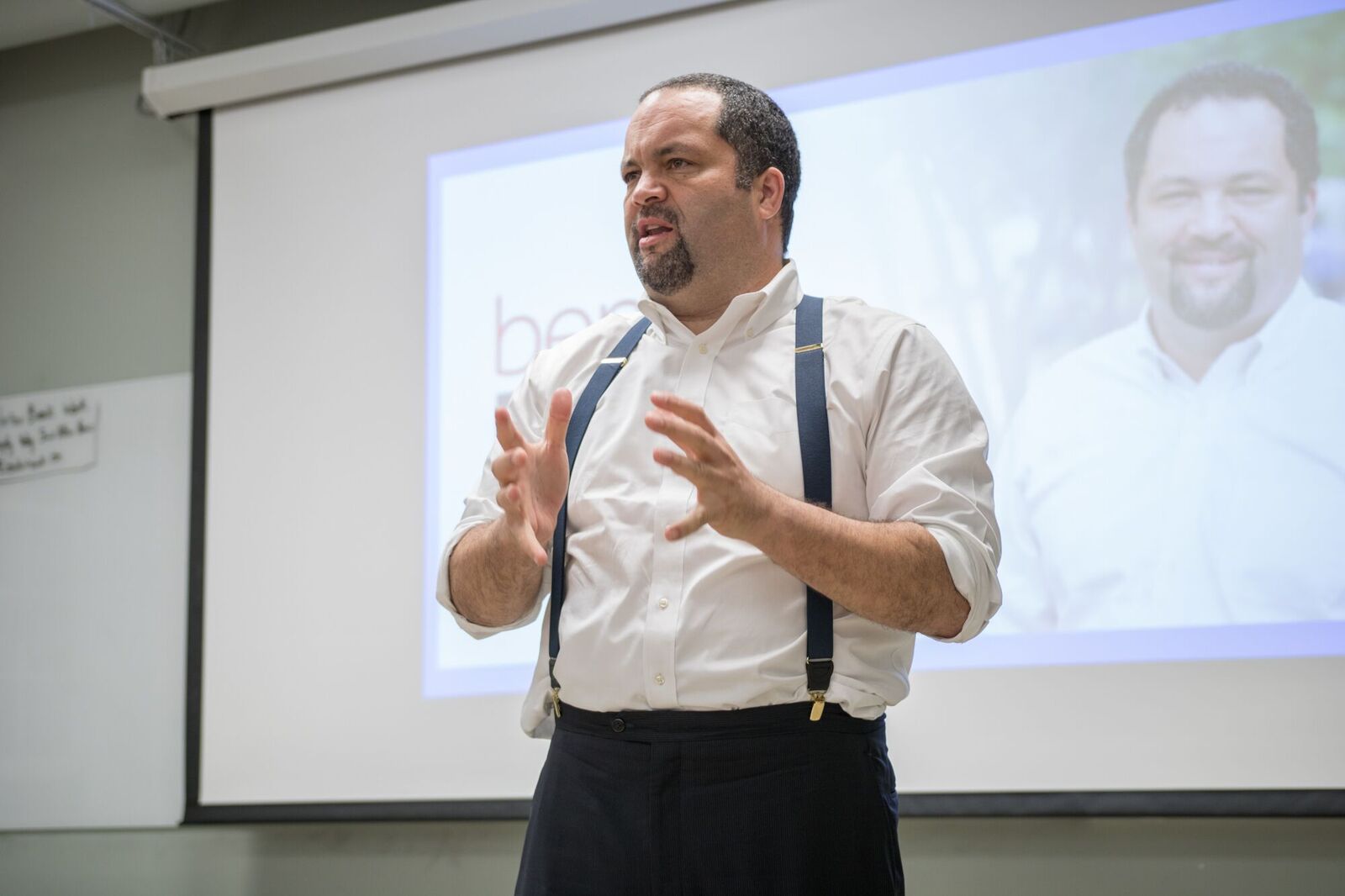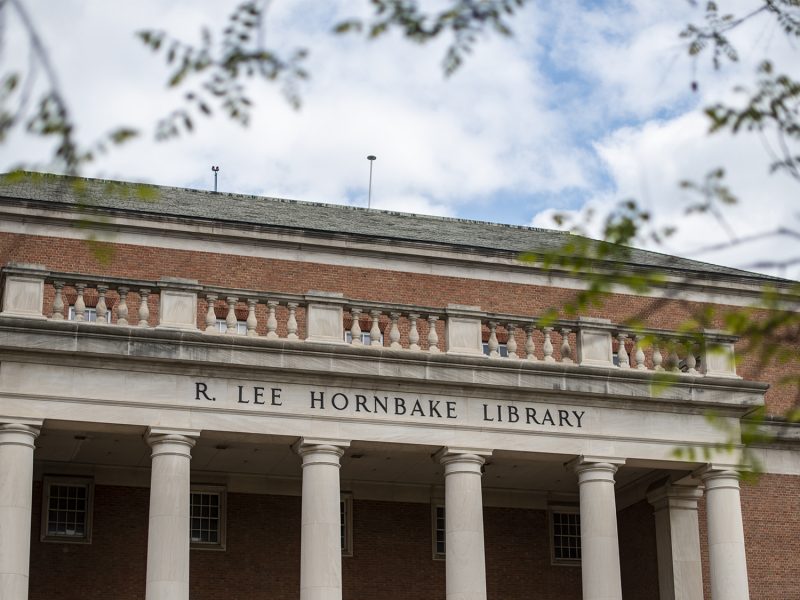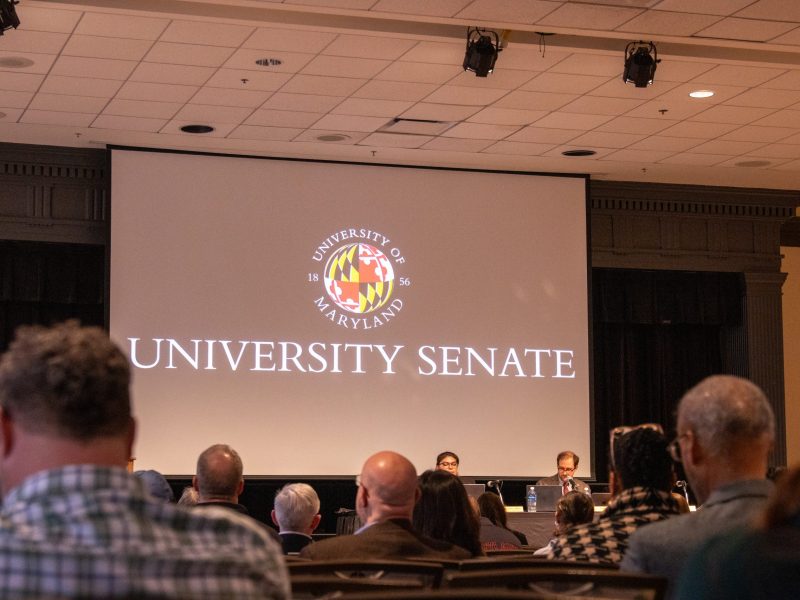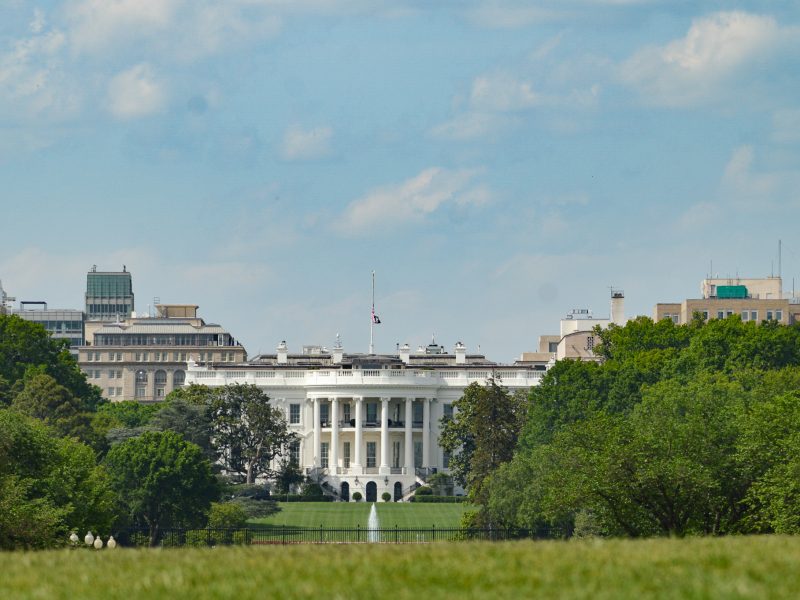Ben Jealous, Maryland’s Democratic nominee for governor, announced a plan last week to reduce the state’s sales tax rate.
The plan would reduce the sales tax from six percent to 5.75 percent. It’s meant to “make our tax code more fair so that working families and small businesses in our [state] can thrive,” Jealous wrote on Twitter.
Revenue from sales taxes — which apply to the sales of most consumer goods but not food or perscription drugs — funds education, government services, maintenance and more.
Jealous’ campaign said the proposal would cost the state between $175 million and $193 million annually, according to the Baltimore Business Journal. But the move could encourage prosperity in other areas, said Stella Rouse, a government and politics professor at the University of Maryland.
“In theory, people [would] keep more money in their pockets,” Rouse said. “What that does is stimulate more economic growth because then people can take that money and spend it on other stuff.”
[Read more: Angela Alsobrooks is now running unopposed for Prince George’s County Executive]
To replace the revenue lost to a decreased sales tax, Jealous cited new rules for online sales taxes, stemming from a recent Supreme Court ruling that established the right of state governments to collect sales taxes on businesses that do not have a physical locations within the state.
Jealous also proposed amending a tax loophole that hedge fund managers use to avoid being taxed on investment incomes, according to The Washington Post.
Jealous predicts online sales taxes and closing the loophole will provide between $108 million and $228 million in revenue to the state each year, according to the Baltimore Business Journal.
Chris Richter, the vice president of this university’s College Democrats chapter, said the plan could lead to a more equitable financial system.
“It’s expected to be more fair and encourage a more progressive tax system in the state of Maryland,” said Richter, a senior government and politics and finance major.
Traditionally, sales taxes — which are applied at a flat rate — disproportionately affect low-income communities, who spend a higher percentage of their earnings.
[Read more: A UMD chaplain is running for Maryland’s House, but he faces a fundraising challenge]
Rosie Wilson, the first vice president of this university’s College Republicans chapter, said she favors lowering the sales tax, but doesn’t think the plan will pay for Jealous’ “radical tax-and-spend agenda.” She emphasized his plans for tuition-free community college and the creation of a state-based Medicare system.
“It goes to show that he’s just trying to play to the people and not really put forth a good plan to pay for his agenda,” the junior environmental science and policy major said.
Incumbent Republican Gov. Larry Hogan’s campaign also spoke out against the plan.
“It is clear that Ben has reached the point of desperation where he will say anything to get a vote,” Hogan spokesperson Doug Mayer told The Baltimore Sun.
Maryland’s sales tax last changed in 2007 under then-Gov. Martin O’Malley, who proposed the increase from 5 to 6 percent.
The state has collected $47,948,463.74 in sales tax revenue this fiscal year, according to the Maryland Taxes website. A .25 percent reduction of that revenue would lead to a decrease of about $119,871.16.



